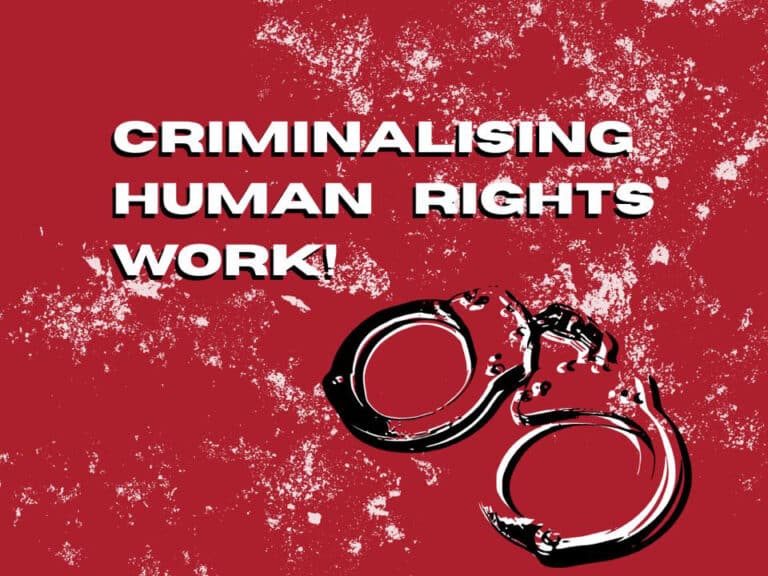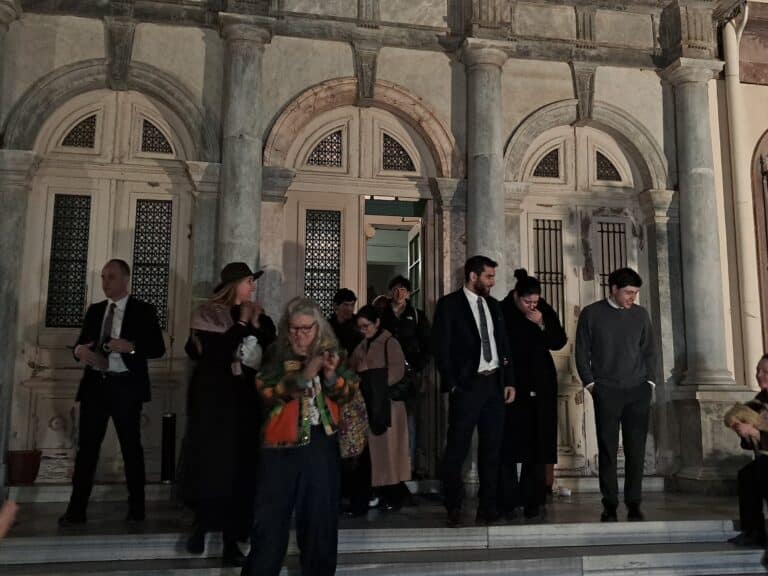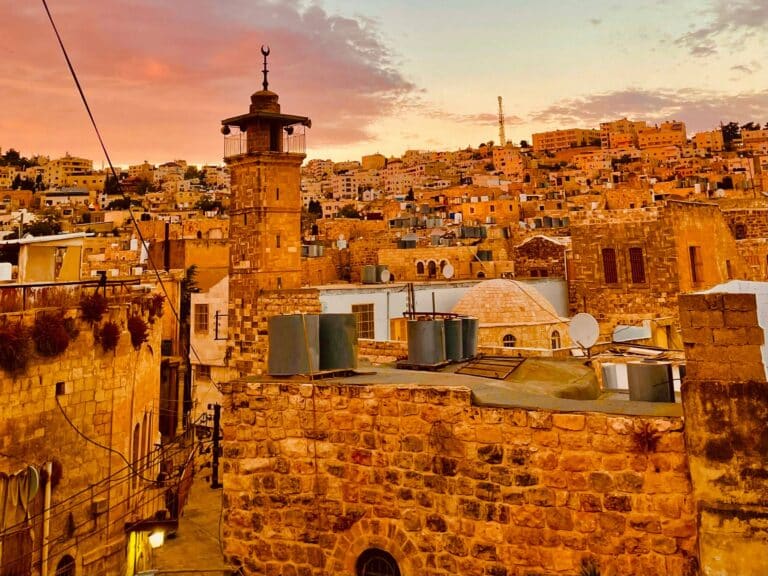CPTnet
19 February 2009
AFRICA GREAT LAKES: Taking the initiative from violent actors
by Cliff Kindy
The Democratic Republic of Congo (DRC) recently integrated rebels from the National Congress for the Defence of the People (CNDP) into the country’s military. President Kabila also invited the Rwandan military to join an operation against militias of the Democratic Forces for the Liberation of Rwanda (FDLR). Some FDLR combatants are considered responsible for the Rwandan genocide, and they control many of the mines in South and North Kivu Provinces. Planners hope this operation stops the conflict engulfing eastern DRC for fifteen years. But nonviolent activists are seeking to reframe the conflict, so that they, rather than violent actors, hold the initiative.
One such activist is Monsignor Jean-Luc Kuye, a Pentecostal pastor whom CPT met recently in Kinshasa, is president of the ecumenical Eglise du Christ de Congo in South Kivu. In 1998, when Rwanda invaded the Congo, Msgr Kuye asked, “What will we do? We are being recolonized. How will we respond without more violence?” Msgr Kuye provided leadership in a difficult political process, at each step of a fragile seven-year dance. Facilitating national dialogue, creating the new constitution, and barely saving the signing of the Sun City Accords, this church leader worked for peace even though opponents threatened his life. His fear became a stimulus for creative nonviolent possibilities rather than an immobilizer.
As a church leader, Msgr Kuye assisted the transitional DRC government in 2003. Later, in the national reconciliation process, Kuye received the assignment to talk with CNDP General Nkunda, and FDLR militias, to enable elections in 2006. Kuye negotiated with the Council of Churches in Rwanda to smooth the return for demobilized FDLR and this year traveled to Rome to ask FDLR leadership to stop fighting.
Networks of nonviolent actors are replacing violent actors who had dominated the scene earlier. Churches already provide the spiritual undergirding that carries people through difficult peacemaking, and religious people across DRC are rebuilding the self-confidence of groups within civil society. World Relief is working in conflict areas to unite denominations and tribes, building homes for widows, and visiting prisons and hospitals. They have a “leading to see a church-led, grassroots, nonviolent movement in North Kivu.” Norwegian Church Aid offered assistance to families re-establishing themselves in Rwanda. Mennonites played a key role in 2006 election training and observing. The Quaker Ebenezer Peace Center, Catholic Pax Christi, and Anglican Bishop Isingoma are nurturing peace actors who insert nonviolent initiatives into this cauldron of conflict.
If this comprehensive nonviolent initiative, led by churches, works, it will usurp the joint military operation. The nonviolent campaign will define DRC history.



